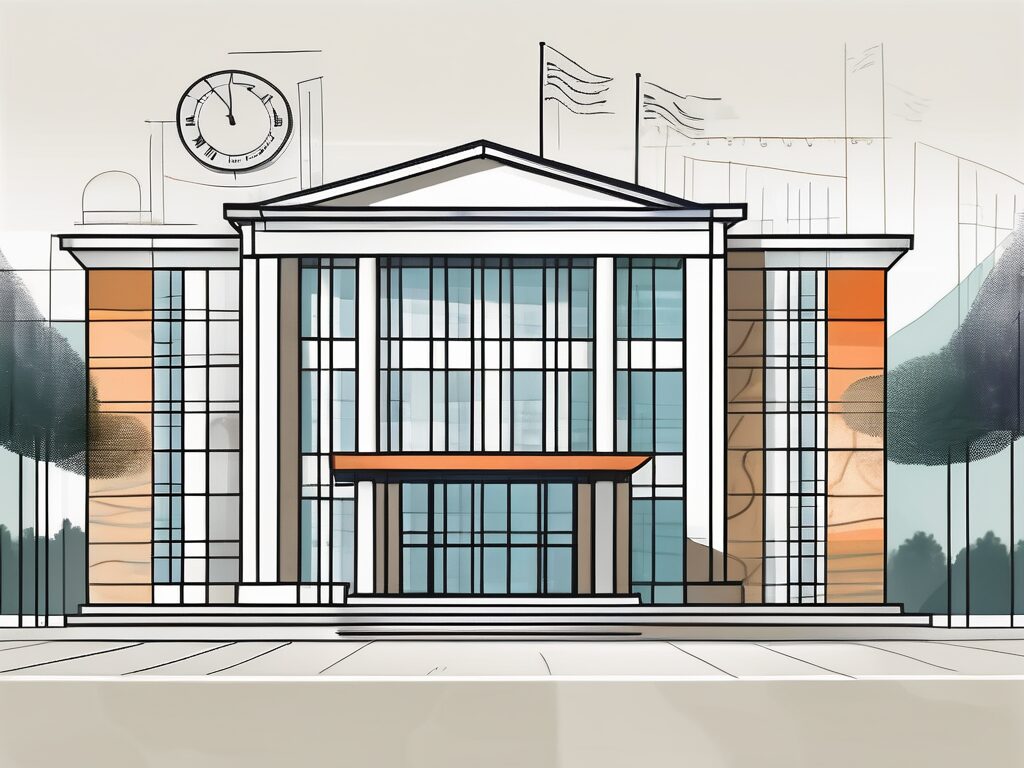Key Qualifications for Educators in International Schools in Berlin
Embarking on a career in international education, particularly in a dynamic city like Berlin, presents both opportunities and challenges. To thrive in this environment, educators must possess a distinct set of qualifications and competencies. This guide outlines the critical qualifications necessary for teaching in international schools in Berlin, equipping prospective educators with the knowledge required for a successful career in this field.
Overview of the International School Framework
Before exploring the qualifications, it is essential to understand the structure of the international school system. These institutions serve a diverse student body, often composed of expatriates and diplomatic families, and typically adhere to an international curriculum.
Similar to the Premier League’s amalgamation of various footballing styles, the international school system embodies a fusion of educational philosophies and curricula. Some schools implement the International Baccalaureate (IB) programme, while others follow British or American curricula, or a combination thereof.
The International Baccalaureate (IB) Programme
The IB programme is a rigorous educational framework designed to cultivate students’ intellectual, emotional, personal, and social competencies. This comprehensive curriculum equips students with a wide array of skills and knowledge. Educators in IB institutions must demonstrate adaptability and creativity in delivering a multifaceted curriculum.
British and American Curricula
In contrast, British and American international schools adhere to the educational standards of their respective countries. These curricula are meticulously structured to meet specific educational benchmarks. Educators in these settings must possess a profound understanding of their curriculum and the ability to effectively implement it within an international context.
Core Qualifications
Having established a foundational understanding of the international school system, we can now examine the core qualifications required for teaching in these institutions. These qualifications serve as the essential components for a successful teaching career.
Bachelor’s Degree
A Bachelor’s degree is a fundamental requirement for teaching in international schools. While it is not mandatory for this degree to be in education, possessing a degree relevant to the subject area can be advantageous. This qualification serves as a foundational tool for effective teaching.
Teaching Certification
In addition to a Bachelor’s degree, a recognized teaching certification is essential. This may include a Postgraduate Certificate in Education (PGCE), a Bachelor of Education (BEd), or an equivalent qualification from the educator’s home country. This certification provides the necessary framework for effective pedagogical practices.
Professional Experience
Professional experience is another critical qualification. Most international schools in Berlin require a minimum of two years of teaching experience. This experience is invaluable, as it equips educators with the skills and confidence necessary to navigate the complexities of an international teaching environment.
Additional Qualifications
Beyond the core qualifications, several additional qualifications can enhance an educator’s profile. These qualifications serve as supplementary tools that can facilitate a more effective teaching experience.
Master’s Degree
A Master’s degree in education or a related field can significantly bolster an educator’s credentials. This advanced degree provides a deeper understanding of educational theories and practices, enhancing the educator’s ability to deliver high-quality instruction.
International Experience
Experience living or working abroad can also be a valuable asset. This experience fosters an understanding of the challenges and rewards associated with adapting to new educational environments.
Language Proficiency
Proficiency in additional languages can be a considerable advantage in international schools. Being able to speak German or another language enhances communication with students and colleagues, thereby enriching the educational experience.
Conclusion
Teaching in an international school in Berlin necessitates a specific set of qualifications. It is imperative for educators to possess not only the requisite academic credentials but also the skills and understanding necessary to effectively integrate into this unique educational landscape. With the appropriate qualifications, educators will be well-positioned to embark on a fulfilling career in international education.
Advance Your International Teaching Career
Are you prepared to elevate your career as an international educator in Berlin? Consider enrolling in IPGCE, the leading Teacher Training Course in the UK. Our International Postgraduate Certificate in Education (iPGCE) will not only fulfill the stringent requirements of international schools but also enhance your prospects for interviews, promotions, and salary advancement. Join a global professional community, adapt to various international curricula, and pursue professional development while managing your current commitments. Do not miss this opportunity—enroll in our iPGCE program today and contribute to shaping the future of education.

